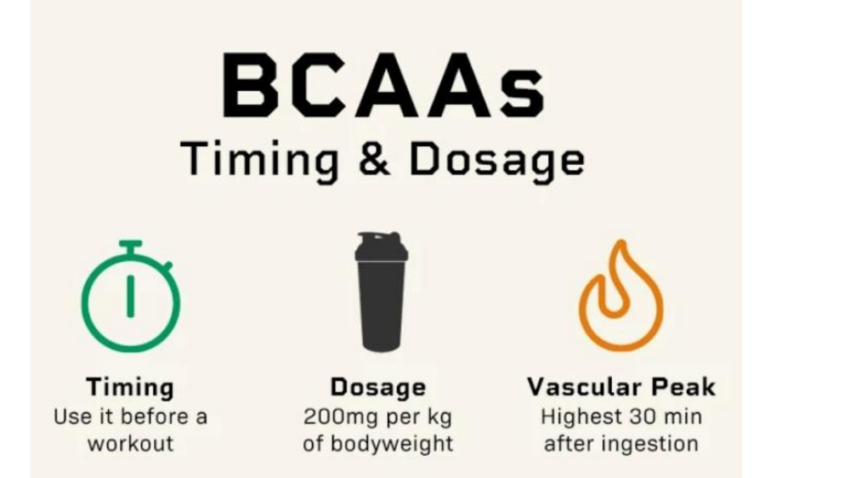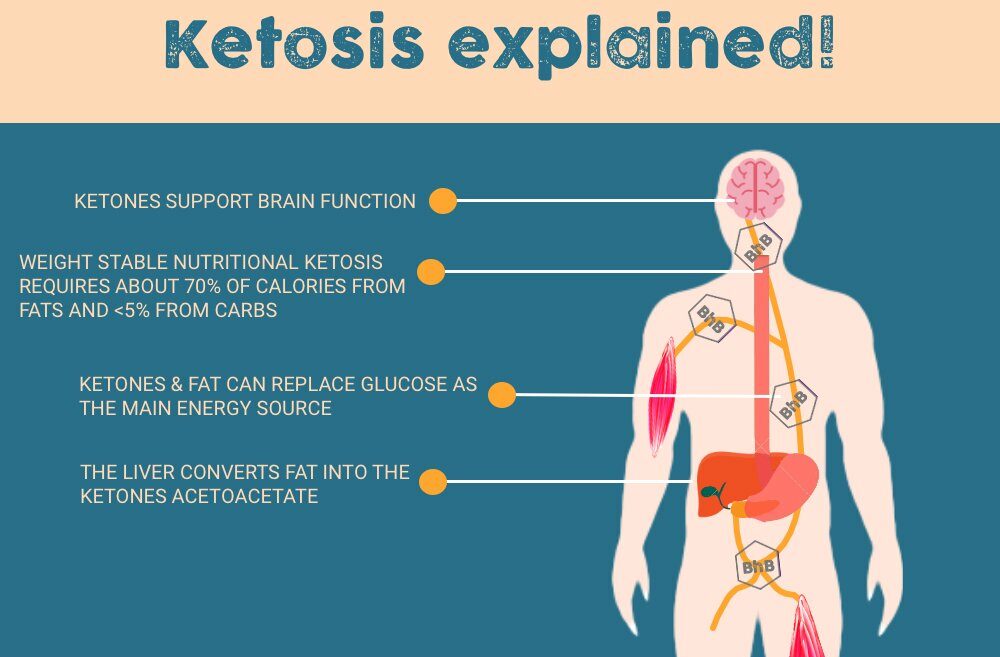When Should You Take BCAAs? A Comprehensive Guide
Branched-chain amino acids (BCAAs) are a group of three essential amino acids: leucine, isoleucine, and valine. They are termed ‘essential’ because the body cannot produce them, and they must be acquired through diet. BCAAs are particularly popular among athletes and fitness enthusiasts due to their role in muscle protein synthesis, energy production during exercise, and their potential to reduce muscle soreness. This comprehensive guide explores the optimal times to take BCAAs, their benefits, and how to incorporate them effectively into your fitness routine.
Understanding BCAAs
What are BCAAs?
BCAAs are amino acids that have aliphatic side-chains with a branch (a central carbon atom bound to three or more carbon atoms). Among the nine essential amino acids, three are BCAAs: leucine, isoleucine, and valine. These play pivotal roles in muscle repair, protein synthesis, and in regulating glucose levels in the body.
Benefits of BCAAs
Enhance Muscle Protein Synthesis
Leucine activates an enzyme responsible for muscle protein synthesis, which is crucial for building muscle mass.
Reduce Muscle Soreness
BCAAs may help decrease muscle damage during exercise, thereby reducing the length and severity of delayed onset muscle soreness (DOMS).
Reduce Exercise Fatigue
By reducing the production of serotonin in the brain, BCAAs can help improve mental focus during exercise and delay fatigue.
Prevent Muscle Wasting
BCAAs can help prevent muscle protein breakdown, making them particularly useful during periods of low calorie intake or intense training.
Optimal Timing for BCAA Supplementation
Before Exercise
Taking BCAAs before a workout can help reduce fatigue and sharpen focus by maintaining adequate energy levels throughout the session. About 10-15 minutes before exercise is a good time to take BCAAs, especially if you’re engaging in prolonged or intense physical activities.
During Exercise
Sipping BCAAs during exercise can be beneficial, especially during endurance sports or long training sessions (lasting two hours or more). It helps sustain energy levels and prevents muscle breakdown mid-workout.
After Exercise
Post-workout is perhaps the most crucial time to take BCAAs. Immediately after training, the body is in a catabolic state where muscle breakdown occurs. BCAAs can stimulate protein synthesis and facilitate muscle recovery, ideally taken within 30 minutes after finishing your workout.
Between Meals
Taking BCAAs between meals can help maintain muscle protein synthesis throughout the day, which is beneficial if there are long gaps between meals. This can be particularly useful for people on calorie-restricted diets.
Before Bed
Although not as common, taking BCAAs before bed can help prevent overnight muscle breakdown, especially for athletes in heavy training or those looking to gain muscle mass. However, this is generally less effective than taking a complete protein source like casein before bedtime.
How to Take BCAAs
Dosage
The recommended daily dosage of BCAAs is around 10-20 grams. You might need to adjust this amount based on your body weight, the intensity of your exercise, and dietary intake of other protein sources.
Forms of BCAAs
BCAAs come in various forms—powders, tablets, and capsules. Powders are the most popular, as they can be mixed with water and consumed easily around workout times.
Combining BCAAs with Other Supplements
BCAAs can be taken in combination with other supplements like whey protein, creatine, or beta-alanine for enhanced performance and recovery.
FAQs About Taking BCAAs
Who should take BCAAs?
Anyone engaged in regular exercise, especially those doing long-duration or high-intensity workouts, can benefit from BCAA supplementation.
Can BCAAs help with weight loss?
BCAAs may help preserve lean muscle on a low-calorie diet, which can help maintain a higher metabolism while losing fat.
Are there any side effects of taking BCAAs?
BCAAs are generally safe and well-tolerated. However, excessive intake can lead to fatigue, loss of coordination, nausea, and headaches.
How do BCAAs differ from other protein supplements?
Unlike complete protein supplements that contain all essential amino acids, BCAAs include only three and are primarily used for muscle synthesis and repair.
Can I take BCAAs on non-training days?
Yes, taking BCAAs on non-training days can help maintain muscle synthesis and aid recovery from previous workouts.
Should vegans consider BCAA supplements?
Since many vegan diets might lack sufficient amounts of BCAAs, supplementation can be beneficial for vegan athletes or those engaged in regular intense exercise regimes.
How should I store BCAA supplements?
Keep them in a cool, dry place away from direct sunlight to prevent degradation of the amino acids.
BCAAs are a valuable supplement for those looking to enhance muscle recovery, reduce exercise fatigue, and support overall athletic performance. By understanding the optimal times and methods for taking BCAAs, you can make the most out of their benefits and align them effectively with your fitness goals.
- Sculptra Surrey – Collagen Stimulation Therapy Near Woking, Surrey - May 22, 2025
- Jaw Slimming & Square Face Treatment Near Woldingham, Surrey - May 22, 2025
- Is The Craftsman Series Vape Better Than Disposable Vapes? - May 21, 2025




